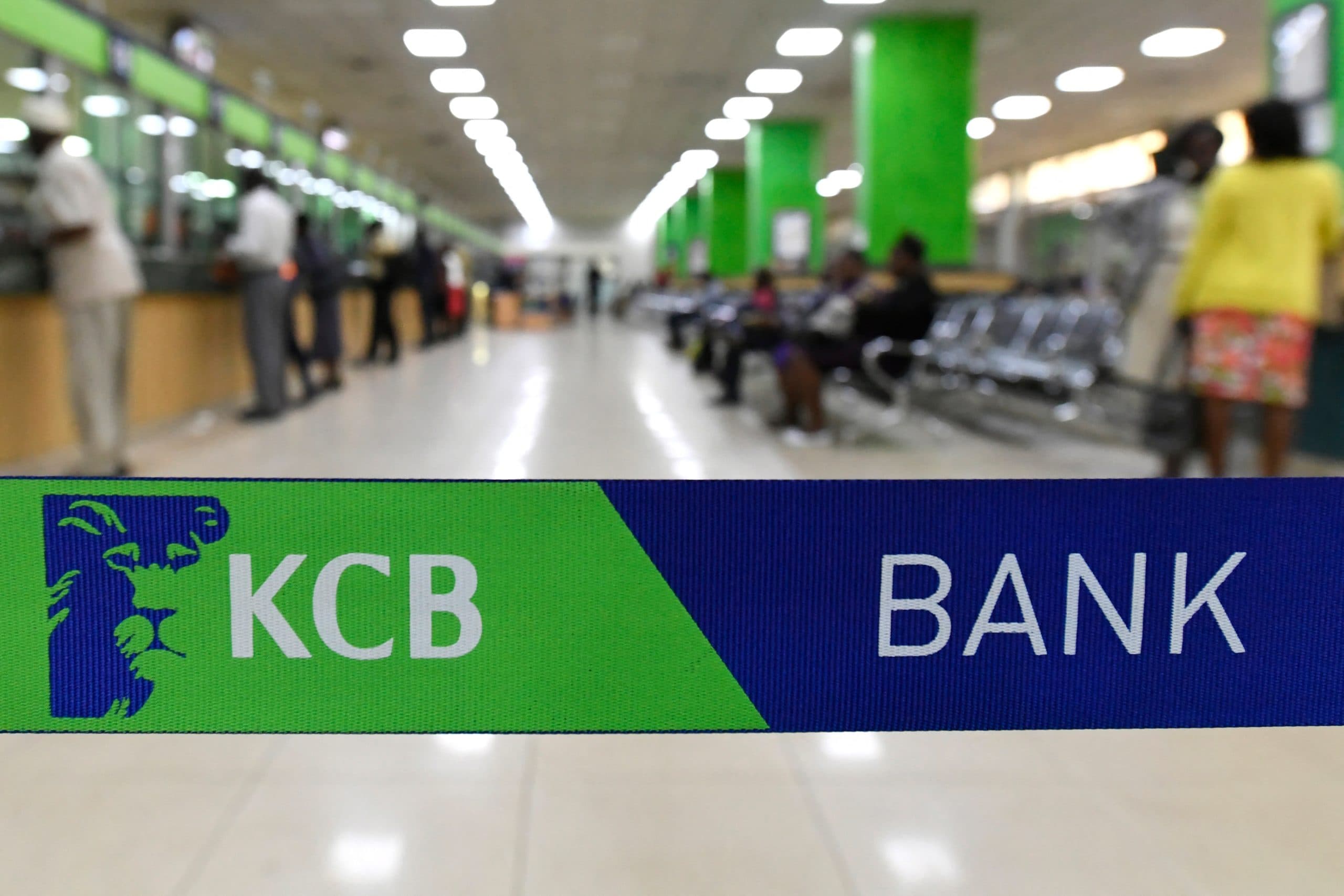We're loading the full news article for you. This includes the article content, images, author information, and related articles.
The fall of a construction titan exposes the harsh realities of Kenya's banking sector's crackdown on bad loans and the complex legacy of a company once central to national development.

NAIROBI, KENYA – In a decisive move to recover a massive Sh1.35 billion debt, KCB Group Plc is set to auction prime properties belonging to the directors of Spencon Kenya Limited, once a dominant force in East Africa's construction sector and a key contractor during the era of former President Daniel arap Moi. The auction, scheduled for Tuesday, November 25, 2025, marks the final chapter in the storied collapse of a company that for decades was synonymous with major infrastructure projects across Kenya and the region.
The auction is being handled by Legacy Auctioneering Services and includes valuable assets used to guarantee the loan, such as undeveloped land in Nairobi's affluent Runda and Thigiri neighbourhoods, and two parcels in Embakasi hosting a plastic recycling plant and a godown. This action culminates a protracted legal battle following Spencon's default on a loan that originated as Sh871.27 million.
Founded in September 1979 by Jitendra Chhotabhai Patel, Spencon grew into one of East Africa's largest construction firms, at its peak employing over 5,000 people and executing more than 200 major infrastructure projects. The company was a prominent beneficiary of state contracts during the Moi administration (1978-2002), cementing its role in building the nation's infrastructure. While specific records of all government contracts from that period are not readily available, Spencon's work included a significant sewage treatment plant in Mombasa, for which the government owed a substantial payment as late as 2015. FURTHER INVESTIGATION REQUIRED.
The company's fortunes turned dramatically following a significant investment from the US-based private equity firm, Emerging Capital Partners (ECP), between 2006 and 2007. ECP invested approximately $15 million (Sh1.5 billion), which included British government aid money intended to boost the Kenyan economy and create jobs. However, what was intended as a partnership for growth descended into acrimony and eventual collapse.
By 2014, amid financial difficulties, ECP assumed control of the company. It appointed two British expatriates, Andrew Ross and Steven Haswell, in 2015 to lead a turnaround. Instead, the company was placed under administration in December 2016, and what followed were widespread allegations of mismanagement, asset stripping, and fraud, as detailed in a 2020 BBC Africa Eye investigation. The investigation uncovered claims of lavish spending by the new management, including the construction of a private golf green at the company's depot, even as the firm struggled to pay its staff. Hundreds of Kenyan employees lost their jobs, many of whom were owed months of unpaid salaries.
KCB's move to auction Spencon's assets is emblematic of a wider, aggressive strategy by Kenyan banks to clean up their balance sheets, which are heavily burdened by non-performing loans (NPLs). The construction and real estate sectors have been particularly hard-hit. According to a Faida Investment Bank report on KCB's Q3 2024 earnings, the building and construction sector had the highest NPL ratio in the bank's portfolio, standing at a staggering 58.3%. This reflects a broader industry trend, with Central Bank of Kenya data showing that contractors defaulted on 37.21% of their loans by the close of 2024, a significant increase from 25.9% in 2023.
Analysts attribute this crisis to a perfect storm of delayed payments from government projects, a slowdown in the real estate market, and broader economic headwinds. KCB Group's CEO, Paul Russo, acknowledged the severe impact on small contractors in a statement earlier in 2025, highlighting the need for solutions that secure the bank's funds while recognizing the financial ruin faced by many in the sector. The bank's total gross NPLs climbed to Sh215.3 billion by the third quarter of 2024.
The fall of Spencon serves as a cautionary tale with significant implications for Kenya. It underscores the vulnerability of legacy companies in the face of shifting political and economic landscapes, particularly the decline of state patronage that benefited many firms of its era. The saga also raises critical questions about corporate governance and the oversight of foreign private equity investments in the region.
For the hundreds of former employees and local subcontractors left in the lurch, the auction is a bitter conclusion to a long period of uncertainty. As KCB moves to recover its dues, the focus shifts to the broader health of the construction industry, a vital engine of the Kenyan economy. The high rate of defaults signals deep-seated liquidity issues that threaten the stability of local contractors and the financial institutions that back them. The end of Spencon is not just the demise of a single company, but a reflection of the severe pressures reshaping Kenya's economic landscape.
Keep the conversation in one place—threads here stay linked to the story and in the forums.
Sign in to start a discussion
Start a conversation about this story and keep it linked here.
Other hot threads
E-sports and Gaming Community in Kenya
Active 9 months ago
The Role of Technology in Modern Agriculture (AgriTech)
Active 9 months ago
Popular Recreational Activities Across Counties
Active 9 months ago
Investing in Youth Sports Development Programs
Active 9 months ago
Key figures and persons of interest featured in this article